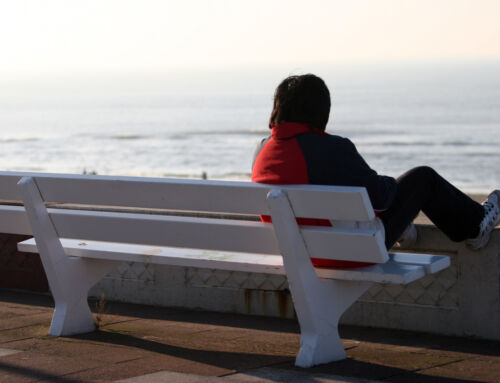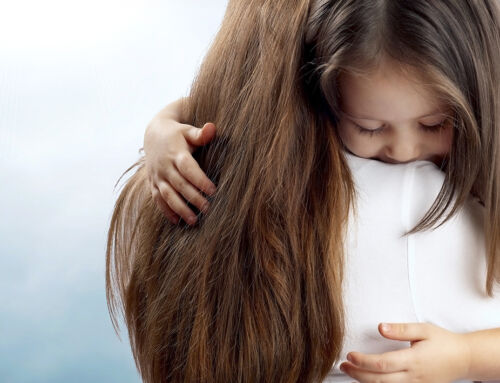This can be a difficult subject to confront, as the subject and timing as to when a person is ready to address these issues, varies from individual to individual.
Many people find with the support of their family and friends, they slowly find ways to learn to live with their loss. However, if you are struggling to manage your day-to-day life, you should consider seeking professional help.
Grief Counselling can guide you towards letting go of regrets, forgiving others and perhaps saying the things that you are finding it difficult to say.
Counsellors are able to provide objective, non judgemental and compassionate support at this very difficult time to help you to gain a greater sense of peace and security.
Government social workers can refer you to grief counselling services. Counsellors can also be contacted through organisations such as community health centres, the National Association for Loss and Grief or Lifeline.
Please use our Business Directory Search facility to find ‘Grief Counsellors’ in your local area.
Loneliness
At the time of the death of your loved one and in the following weeks, there is usually an abundance of support and empathy from your family and friends. After a while though, your support team will have to go back to their lives, and you may feel abandoned.
Months later when you are still in need of support and perhaps feeling lonely, most of these people are no longer in contact with you, and those who are still in contact, may be urging you to “get over it” and “move on” with your life. It can be that some of your friends may be avoiding you as they don’t know what to say, or how to help you anymore. It will require some effort on your part for your social life to return to normal, as you move through your grief journey and slowly rejoin social groups and affirm friendships.
Loneliness is the feeling of being alone and feeling sad about it. You may feel emotionally isolated or separated from the world, even when you are surrounded by people. The loneliness experienced when you are missing someone who has died, can be lessened if you are able to express your grief and remember your happier moments with them.
You need to remember that loneliness is not the same as being alone, as we all have times when we prefer some solitude. If you recognize that your loneliness is affecting your day-to-day-life and your relationships with other people, there are steps you can take to make positive changes. Hoping that the feelings of loneliness will go away, and doing nothing to change your situation, can sometimes lead to a sense of vulnerability and depression.
It may seem difficult at first to take part in social groups and activities. You may or may not want people around you. With time, the company of others may help you find new interests, or revisit interests or activities from your past.
It is a good idea is to get involved in something that you have enjoyed in the past or just because you think it might be enjoyable. You are more likely to gain pleasure from the activity and you will be with people who genuinely enjoy the same things.
Your local council, community health centre or government social workers can put you in touch with organisations such as Rotary or Apex that would value your assistance as a volunteer, and you can also join in their activities and outings.
For more information, please visit: Wikihow – Combating Loneliness
Health
Many bereaved people experience some kind of physical illness in the first four to six months after the death of a loved one. Often the illness is directly associated with the anxiety experienced, and the resulting stress of these emotions which can cause disorders within our bodies.
If you had an existing physical illness before the death of your loved one, your grief can aggravate the existing illness. Even if you were previously healthy, grief can make you susceptible to conditions such as the common cold, headaches, shortness of breath, chest pressure, tightness or weakness, body pains, fidgety restlessness, lack of energy, insomnia, sleeping too much, disturbing dreams, loss of appetite, overeating, nausea, indigestion, diarrhoea and excessive weight gain or loss.
You should see a doctor about any health concerns following the death of someone close to you. Making sure you take care of your diet, and maintaining regular exercise can assist you to re-establish a routine.
A government social worker can arrange for visits by a community nurse if necessary. Community groups or local councils may arrange services to help care for your house or garden. Some of these services are free and some may be provided only after your needs have been assessed.
Please use our Business Directory Search facility to find ‘Grief Counsellors’ in your local area.
Other Government and Community support services
There are a range of government and community organisations that provide support services and useful information you may find helpful.
See the section ‘Financial Assistance Available’ on our website for more information.
Also visit Financial Counselling Australia as they are the peak independent body for financial counsellors in Australia, and provide information about how financial counsellors can support and advocate for people experiencing financial difficulty.
If you are experiencing depression, anxiety or stress, you may find it helpful to talk to somebody about your mental health. See your doctor, or if you feel more comfortable, talk to a family member or friend.
Headspace is the national youth mental health foundation and help young people who are going through a tough time.
Lifeline is a national charity providing all Australians experiencing a personal crisis with access to 24 hour crisis support and suicide prevention services.
Solace Australia provides support for people who have lost their partner.
For more information, please see our Useful Organisations section.
Please use our Business Directory Search facility to find ‘Grief Counsellors’ in your local area.



